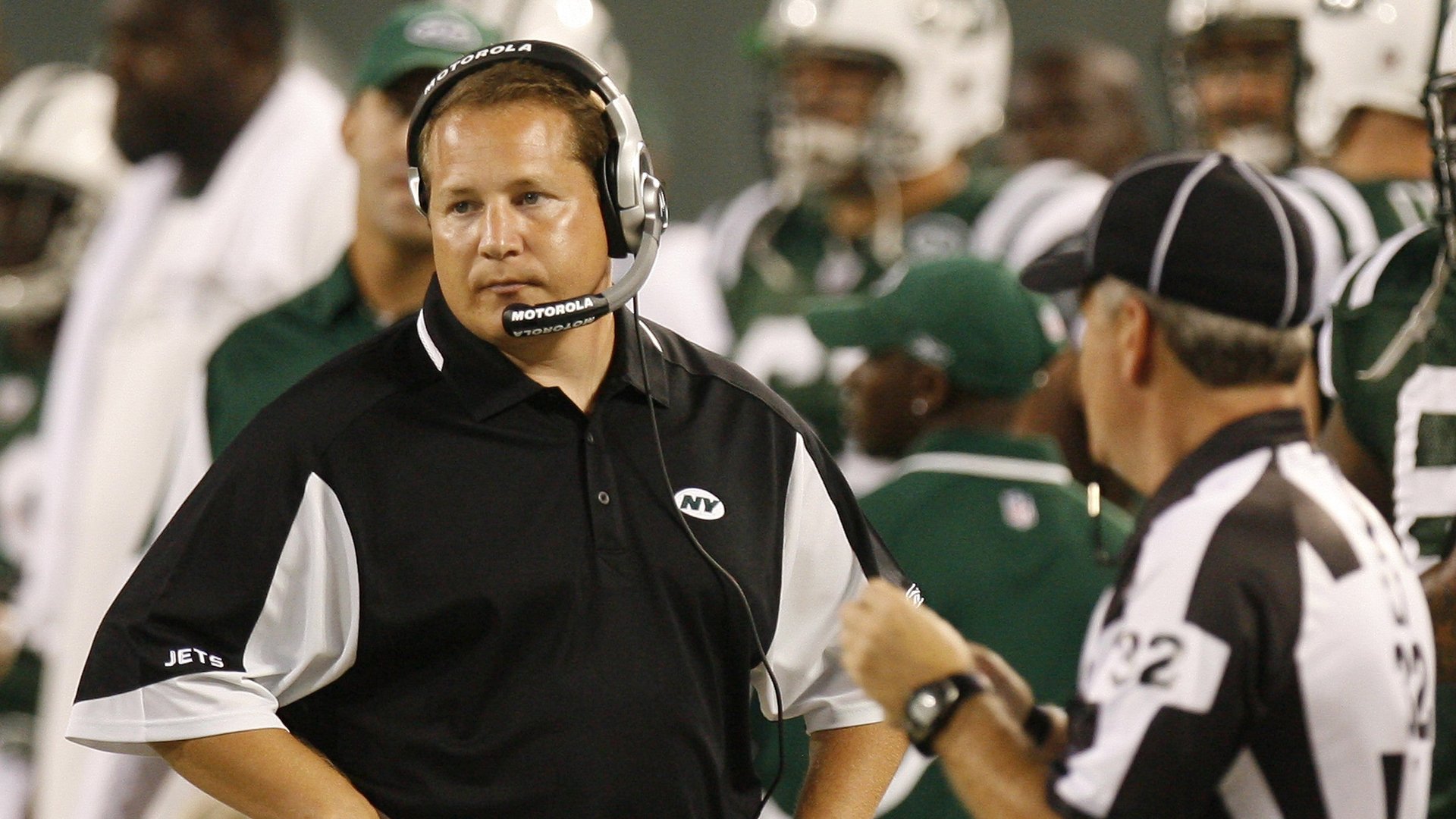Lesson from the NFL: What you know matters more than who you know
Working for a high-profile boss now can open doors later in life—but it’s still a short fall from grace.


Working for a high-profile boss now can open doors later in life—but it’s still a short fall from grace.
That’s according to researchers who studied the National Football League (NFL) to understand how the reputation of powerful leaders can help their employees advance. In a recent paper published in the Academy of Management Journal, the researchers found football assistants who worked under star coaches (think Bill Belichick or Don Shula) were 52% more likely to get a better next job than those with less impressive pedigrees, in what’s known as “the acolyte effect.” To prove it, they tracked the career outcomes of almost 1,300 coaches over 30 years.
Assistants who didn’t have much experience or professional reputation benefitted even more from their old bosses’ star power. Prospective employers, it seems, often rely on the reputation of connections as a proxy measure of the acolyte’s abilities.
This is true beyond football. The researchers note that being perceived as a protege of GE’s legendary leader Jack Welch was a sure way for US executives to land plum jobs in the late 1990s. Welch’s disciples went on to run companies like Fiat, 3M and Home Depot. But, as the paper notes “most of the Jack Welch acolytes failed in their CEO positions.”
One reason for the gap between expectation and ability in the acolytes is that new employers often assume their hires were mentored by a high-profile leader,Craig Crossland, a business professor at Notre Dame and one of the paper’s authors, told Quartz. But working near a genius doesn’t mean it rubs off.
For those who prefer to think that connections aren’t everything, there’s good news: Acolytes who don’t perform in their next jobs eventually fall back to their natural level, at least in the NFL. In fact, the former acolytes studied by Crossland tended to fare worse in their new positions than non-acolytes: Among the 433 NFL coaches in the study who got a promotion, 54% of ones that benefitted from connections were later fired or demoted, compared to only 43% of non acolytes.
The paper doesn’t name names. But it’s not hard to find examples of this “settling up” phenomenon in the NFL. Eric Mangini, dubbed the Mangenius, was an assistant coach under New England’s storied Belichick before he was named head coach of the Jets (and became the youngest head coach in the league). After initial success, he was fired after three years. He was given a second chance with the Cleveland Browns and fared dismally. He’s now an assistant again.
The NFL is a particularly brutal environment, where coaches can be fired after a year or two. Not all industries have the same rapid settling up. But if you’ve been passed over for a promotion in favor of an acolyte, ”Just hang on,” said Crossland. “Your time will come.